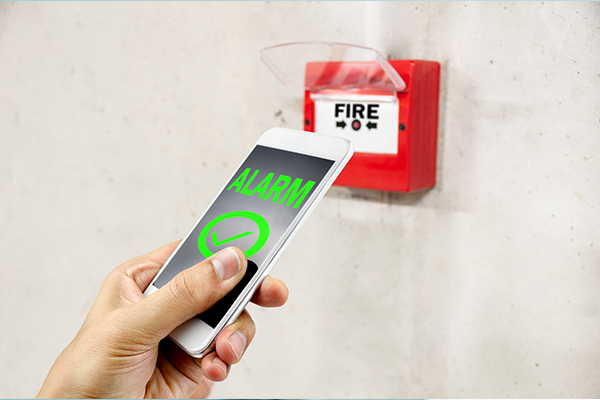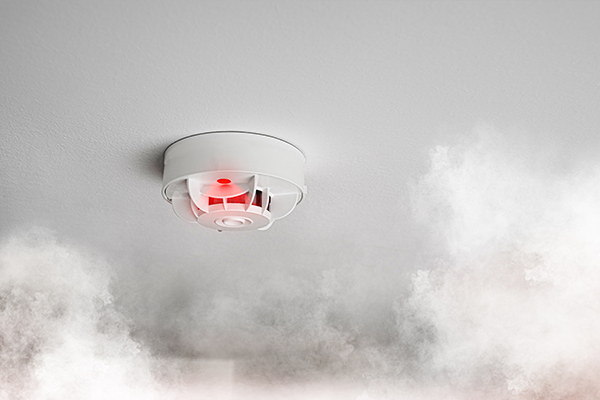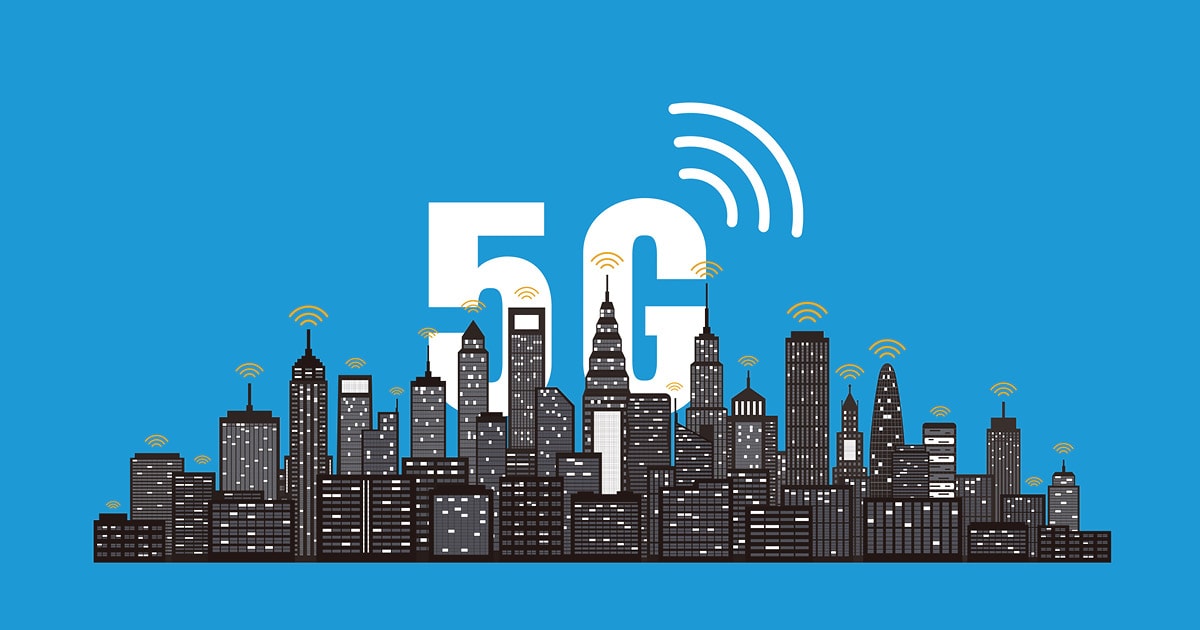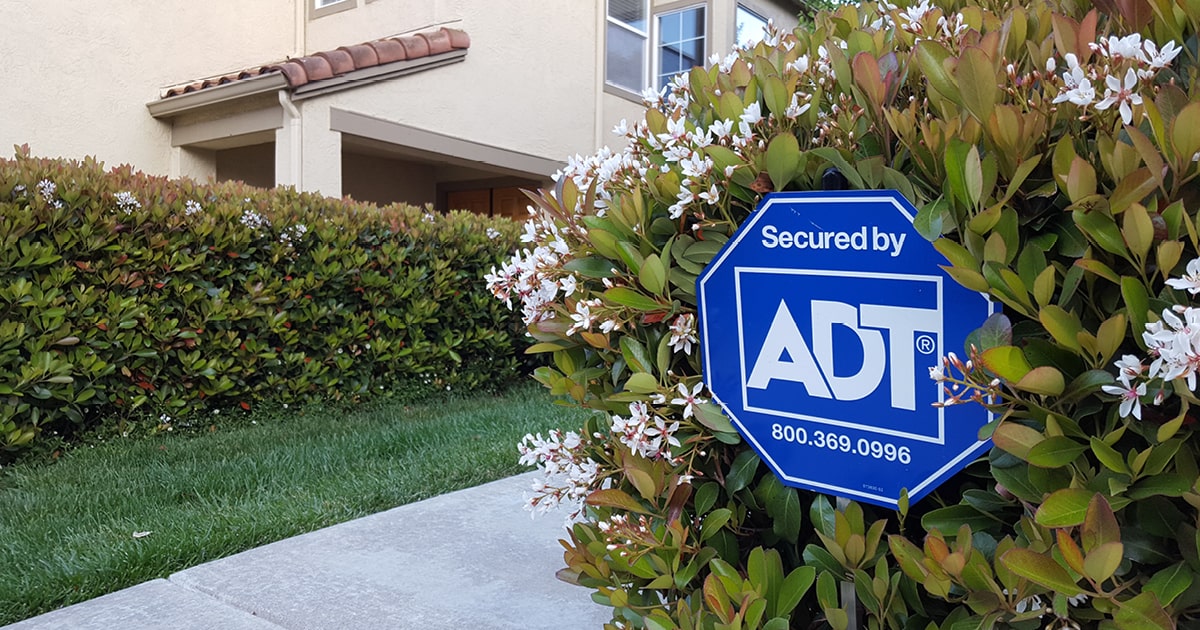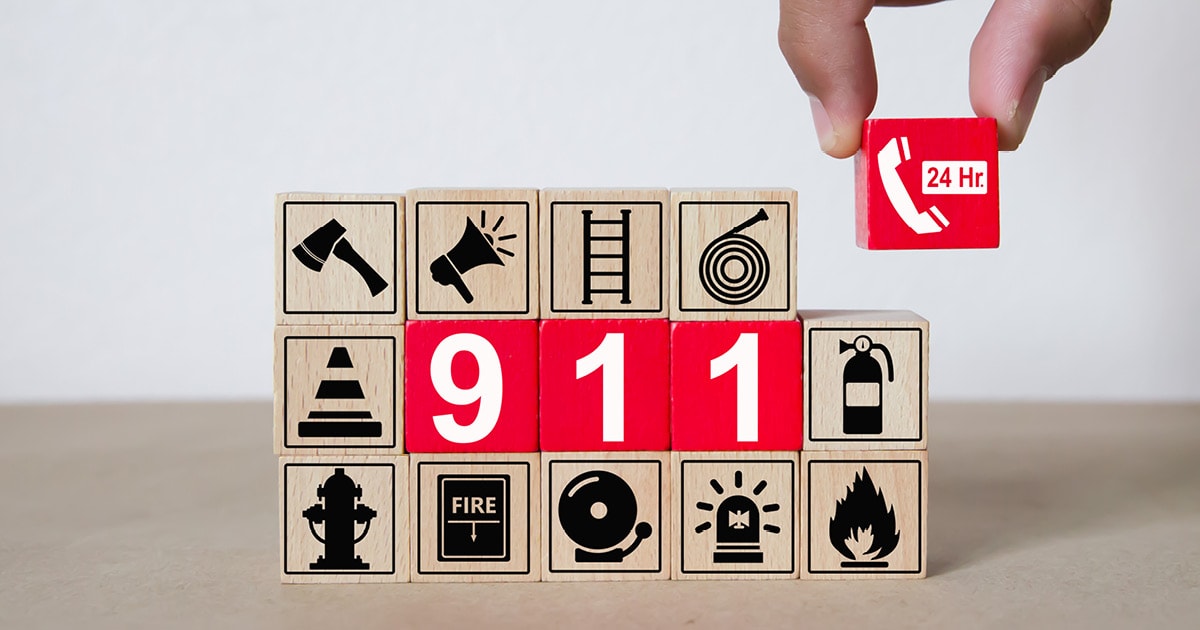Why Fire Alarm Monitoring is Essential for Your Business
We’ve talked about the National Fire Protection Association (NFPA) in previous blogs and how it is essential to understand and obey their standards when installing, testing, and maintaining fire alarm systems.
Fire Alarm Monitoring is the Law
Your business might need to include monitoring as part of its fire safety system due to NFPA 101® . NFPA 101 is the Life Safety Code®, which addresses building occupant safety. Based on your local municipality, monitoring as part of your fire safety system may be the law.
Central monitoring is a code requirement for some types of businesses, depending on the type of business and the number of occupants in the building.
With central monitoring, a central monitoring station watches for fire alarm signals coming from your fire safety system. If the central monitoring station receives an alarm signal, a professional operator initiates a response based on predetermined protocols. Protocols may include immediately notifying the fire department or contacting the building owner.
Underwriters Laboratories (UL) also notes that central monitoring facilities have codes and standards they must adhere to per NFPA 72®, the National Fire Alarm and Signaling Code®. These codes include things such as how the monitoring facility receives power and how it transmits alarm signals to local authorities.
These regulations are in place to ensure workplace safety and to prevent property or economic loss.
Self-Monitoring Fire Alarm Systems
However, monitoring fire alarm systems are not required for all businesses.
Self-monitoring is just what it sounds like—monitoring your fire alarm system yourself. For example, if a smoke detector in your building goes off, the system notifies you by phone, text, or email. The main upside of self-monitoring is that there are no additional fees after installation.
The downside of self-monitoring fire alarm systems is that they usually require Wi-Fi and won’t work without power or internet connection, both of which are often impacted by fires.
Since most self-monitored systems today are connected to mobile apps, having your phone with a good signal is essential to make sure you get any alerts your self-monitored system may send.
Professional Fire Alarm Monitoring
On the other hand, nearly all professional fire alarm systems also offer monitoring services. While there is a fee for this service and usually requires a contract, you won’t have to worry about being available 24/7. With some systems, the alarms can even transmit specific floor plans to the fire department, so first responders know exactly where to go when they arrive on the scene.
When you think about how fast a fire can spread, the monthly monitoring fee for your fire alarm system becomes a small price to pay for your peace of mind and to keep your employees, property, and business safe.
To learn more about monitored fire alarm systems, speak with one of our security experts today.
